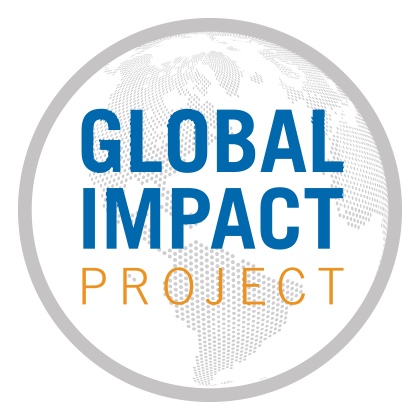
How Public-Private Partnerships Are Tackling the World’s Toughest Challenges
Over the last 25 years, American innovation and assistance has helped to cut extreme poverty in half and save millions of lives around the world. But that impact isn’t only seen abroad – the return on investment is also unmatched here at home. The State Department, USAID, and America’s development agencies are engaging new partners, catalyzing private sector resources, and leading new approaches to solve pressing global challenges in areas such as health, agriculture, and energy – creating new forms of public-private partnerships that maximize taxpayer dollars and increase our nation’s security and prosperity.





